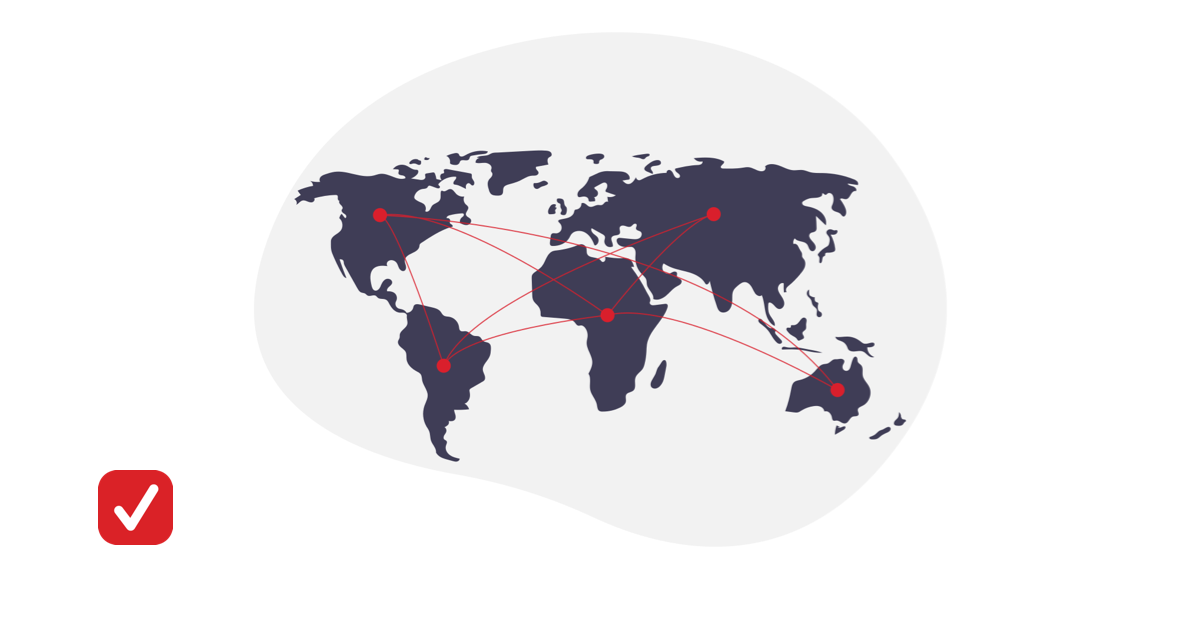The case: young employees
At the beginning of February, I turned 51. And this past weekend, while grumbling about today’s teenagers and twenty-somethings, I realised I was getting older.
“They spend all day wondering whether they feel like doing something. What is the business world supposed to do with people like that?” was my complaint. After all, even the best job still consists of at least 80% work that isn’t particularly enjoyable — but you simply have to get on with it. Overthinking it won’t make it easier.
Yet in our company, we employ several people in their twenties. And I have to admit, they are remarkably capable. On top of that, they have the perseverance to truly excel.
The power of youth in IT
The core of our business is software development. From HR to marketing, software runs through everything we do. I’ve noticed that young people need little or no explanation when it comes to software. Even if they don’t know a particular programme, they grasp it immediately, as though they were born with an understanding of software logic.
By the time I’m still on page three of the manual, they’ve already figured it out. Sometimes, I even believe that in certain roles, young people quickly outperform older colleagues with years of experience. But isn’t experience crucial? At times, I question its value. Is that experience still relevant — or do we mainly remember the negative aspects, which shape our judgement?
Rethinking responsibility and careers
Traditionally, a career path means gradually receiving more salary, tasks, and responsibility. But the world is changing quickly, especially in IT. Perhaps we should allow young talents in specific roles to take on responsibility — and earn higher salaries — more quickly.
Instead of leading them, we should support them. Serving those who keep up the pace. In many IT areas, it is better to act first rather than overthink, set up committees, and delay. Build a prototype, see the effect, learn from it, and move forward.
A lesson from medicine
Some years ago, I read a research report on GPs and when they perform at their best. It showed that, considering experience, skills, work pace, and knowledge, GPs reach their peak about one year after starting their careers. Of course, doctors only begin after years of training and internships. But even if the research was five years off, that still suggests GPs are at their best around the age of 30. Surely, this must also apply to certain roles in business?
Passing the baton
This year, I started handing over the virtual chairmanship of the marketing department to a 26-year-old colleague — the youngest member of our marketing team. Her talent is evident to everyone. The goals are clear, and we will continue to expand the marketing team.
How exciting and educational it is for a group of young professionals to help shape our company and position our services in the market!
Fresh perspectives
The first marketing activities of the year have already taken place. We invited former marine Sander Aarts to share an inspiring story about entrepreneurship in a webinar for our clients.
Personally, I might have been too sceptical. With military experiences in Uruzgan, Mali, and Srebrenica in mind, I would never have dared to use a popular yet sensitive word like “boosting” in the announcement.
But there is something to learn from everyone. The webinar drew 135 participants, and the feedback was excellent. What stayed with me most was the idea that in stressful situations, allowing your body to react physically reduces stress levels and improves analytical thinking. I’ll try that next time I’m under pressure.
At 51, I’m learning to step aside more often, making room for young talent and fresh ideas. And honestly? It’s a good thing.







